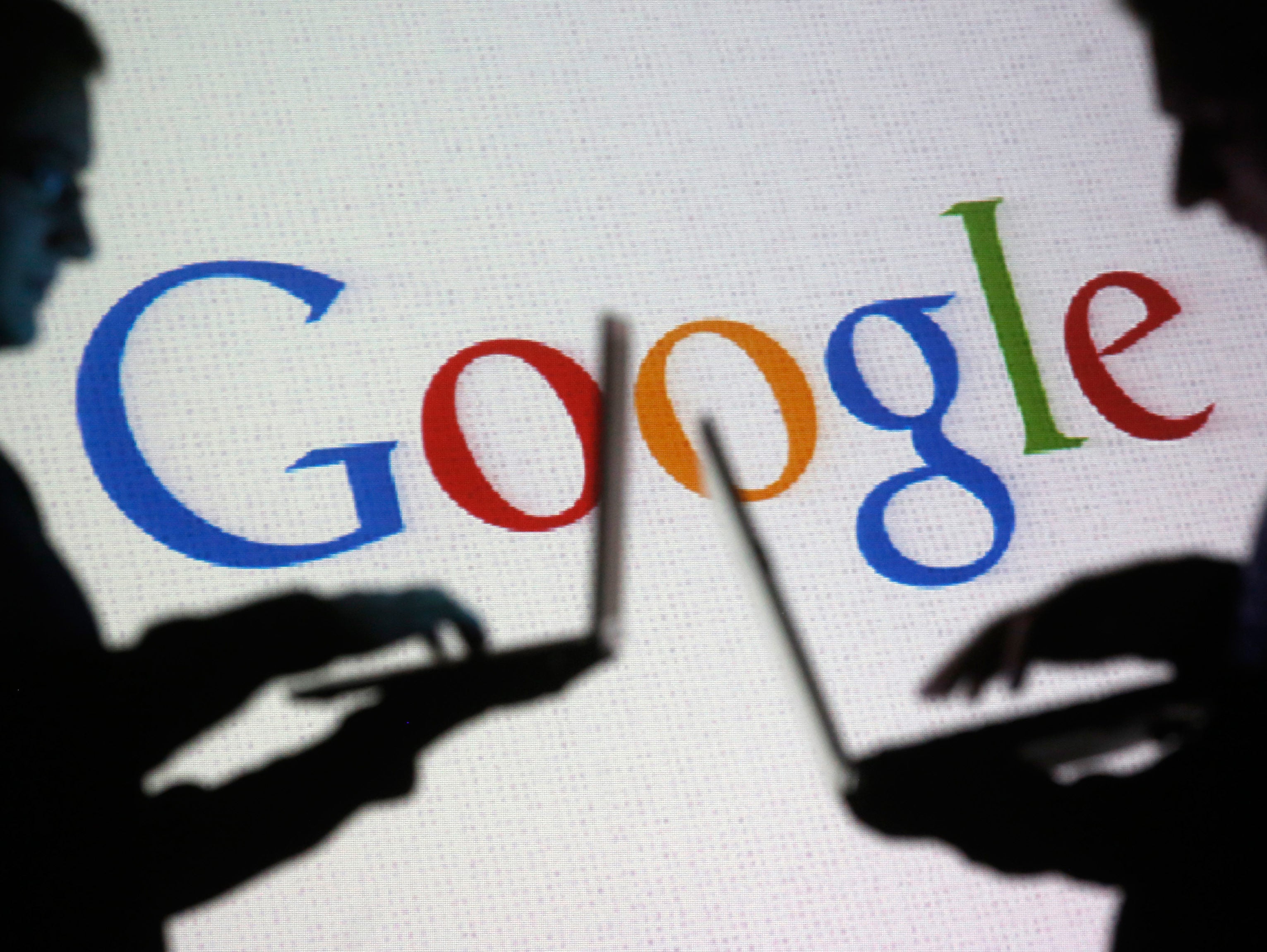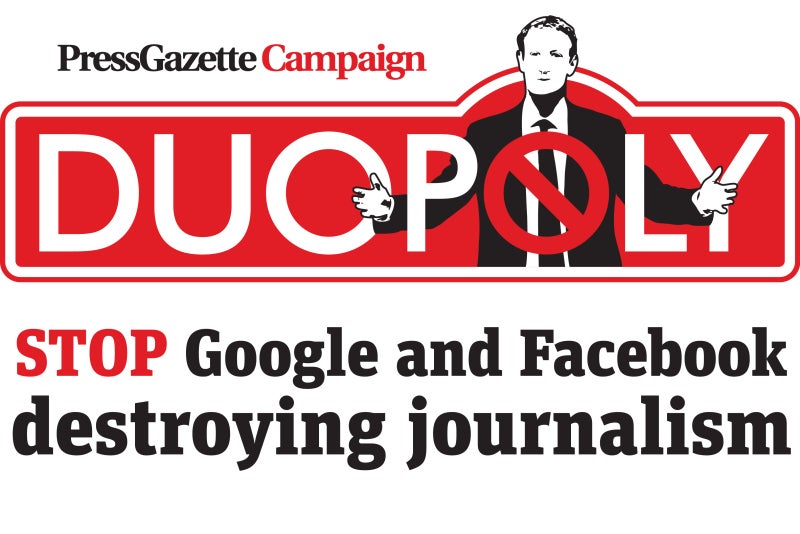
Google’s decision to axe its “first click free” policy on news search results this week has been hailed as a “victory” and the “first important step in recognising the value of legitimate journalism”.
The change in policy effectively closes a loophole that meant news publishers whose online content is behind a paywall were forced to give-away articles clicked on through Google search results.
The Wall Street Journal pulled out of the scheme earlier this year. Its owner News Corp is also the ultimate owner of the Times and Sunday Times newspapers, which also use a subscription-only model.
Robert Thomson, chief executive of News Corp, said in the Times: “The felicitous demise of first click free (second click fatal) is an important first step in recognising the value of legitimate journalism and provenance on the internet.
“We will monitor this change closely to ensure that consumers can indeed find the work of our journalists online, and will report what we learn, for better or for worse.
“If the change is properly introduced, the impact will be profoundly positive for journalists everywhere and for the cause of informed societies.”
Google’s announcement follows Press Gazette’s Duopoly campaign which calls on Facebook and Google to pay more back to news publishers on whose content they rely.

The web giants are currently taking the lion’s share of the advertising revenue, in direct competition with news media companies. By 2020 they are expected to take 71 per cent of all the money spent in the UK on digital advertising, according to a report by analysts OC&C.
John Gapper, chief business commentator at The Financial Times, which also employs a paywall online, claimed Google’s policy change was a victory for the news media industry.
In a comment piece, he said: “When a long awaited victory finally comes, it is worth taking a moment to savour it. This week, my own industry enjoys such a moment as Google at last drops its bias towards news on the internet needing to be free.
“Google’s decision to end ‘first click free’, its decade-old policy that news publishers have to give away some stories in order to appear high in its search rankings, is only one step in itself.
“But Google (and Facebook, in a token manner) are edging towards something bigger — actively supporting paid-for news and information rather than treating it as a category error.”
He added: “The fact that internet giants and consumers now concede that there is a price to pay for quality information does not mean that the price will be high: instead, publishers will face a renewed challenge.
“Google’s change of tack is a recognition that free has carried a heavy cost for the news ecosystem, and for Google itself.”
Google has recommended news publishers give-away ten free articles a month, but ultimately it is now in the publisher’s hands as to how much of their online content to make freely accessible.
Email pged@pressgazette.co.uk to point out mistakes, provide story tips or send in a letter for publication on our "Letters Page" blog
